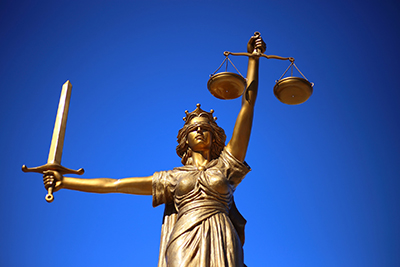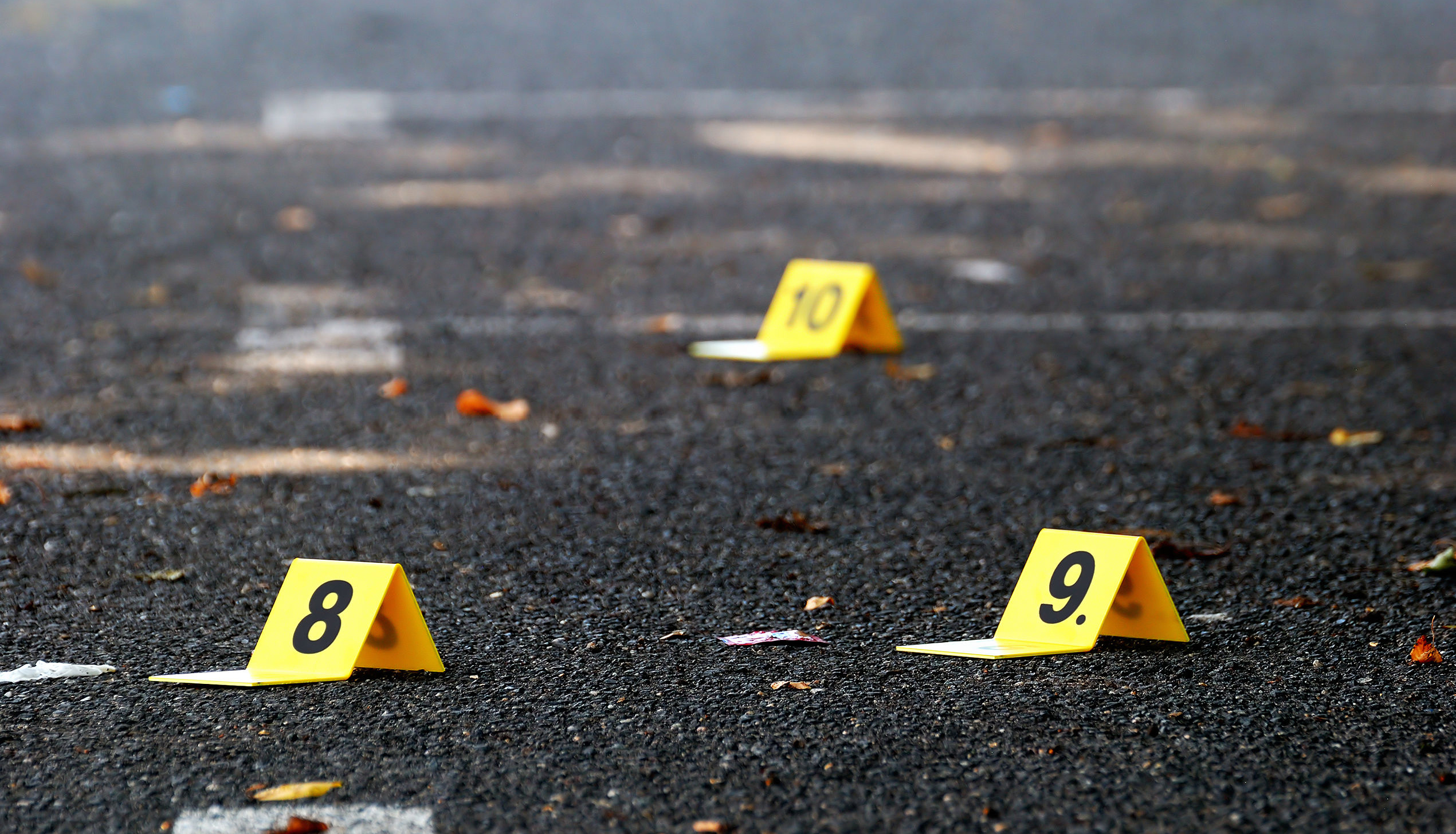Find out more about The Open University’s Law qualifications.

The double jeopardy rule is an important protection for individuals against the abuse of state power. It stops police and prosecutors from repeatedly investigating and prosecuting the same individual for the same crime without very good reason. The rule encourages them to prepare the case properly on the first occasion and to accept the court’s verdict. Equally, when a person is found not guilty in court, they know that the case is really over. Being the subject of a criminal accusation can be a difficult and distressing experience, with significant consequences for the accused – who may be innocent.
English law has had the double jeopardy rule for over 800 years, but it was partially abolished in England, Wales and Northern Ireland by the Criminal Justice Act 2003 (Scotland would follow in 2011). In certain, very limited circumstances a person who was acquitted of a crime can now be investigated and put on trial once more. But why was this change made?
One of the key reasons is the development of DNA evidence. The ability to match traces at a crime scene to a specific individual has had a huge impact on criminal cases. Some people who were convicted of crimes later had their innocence established by DNA evidence. Other people had been acquitted before DNA evidence, which might prove their guilt, became available. If there was compelling new evidence that they had committed a crime, was it right that they could not be prosecuted?
That question was raised in some very high-profile cases. Julie Hogg’s mother was a leading campaigner for the law to be changed, and calls for reform were given fresh impetus following the Stephen Lawrence murder in 1993. The original police investigation of this racist killing was seriously flawed and did not result in criminal charges. When the family brought a private prosecution of three suspects, all three were acquitted. The Macpherson Report on the case recommended that the double jeopardy rule should be removed to allow further prosecution if fresh evidence emerged. The 2003 law change helped pave the way for one of those suspects, Gary Dobson, to be convicted of the murder in 2012.
There have been only a handful of prosecutions brought under the new law. The first was William Dunlop, who pleaded guilty in 2006 to Julie Hogg’s murder following his earlier confession. Three years later, Mario Celaire was convicted after a trial for his ex-girlfriend Cassandra McDermott’s murder, following the attempted murder of another ex-girlfriend, Kara Hoyte. Not all the subsequent double jeopardy cases have involved murder: Wendell Baker was convicted of the 1997 rape of a 66-year-old woman in 2013, although his victim had since died.
The small number of cases is no accident: there are demanding legal tests which must be met in ‘double jeopardy’ cases, and a special process to be followed. First, the rule has only been reformed for the most serious crimes such as murder and rape. A person cannot face a second trial after being acquitted of shoplifting, no matter how strong the new evidence! For crimes which do fall within the rules, the Director of Public Prosecutions (DPP) must personally consent to an investigation being reopened. The DPP will consider not only the strength of the evidence, but also whether reopening the case is in the public interest.
The investigation can only lead to a fresh prosecution if ‘new and compelling’ evidence is uncovered. To be ‘new’, it must not have been available for the original prosecution. ‘Compelling’ means very strong so that a conviction is highly probable. If the prosecution believes that a legal test can be met, they have to get the consent of the DPP to make an application to the Court of Appeal. They must then persuade the Court of Appeal to quash the original acquittal and order a retrial. Before making such an order, the Court of Appeal will consider not only the strength of the case, but also the public interest. For example, a new trial will not be granted to make up for incompetence in the original prosecution, or for a case so old that a fair trial is no longer possible.
Finally, there can only be one retrial. If the defendant is acquitted again, they cannot be prosecuted for that crime in future, even if more evidence emerges.
There was concern that abolishing the rule against double jeopardy could lead to persecution of suspects who had already been convicted, and to prosecutors being too willing to use the new law for a ‘second bite of the cherry’. However, these stringent safeguards seem to have prevented that from happening. And importantly, the new rules allow guilty people to be brought to justice, providing closure to victims or their families.





Rate and Review
Rate this article
Review this article
Log into OpenLearn to leave reviews and join in the conversation.
Article reviews